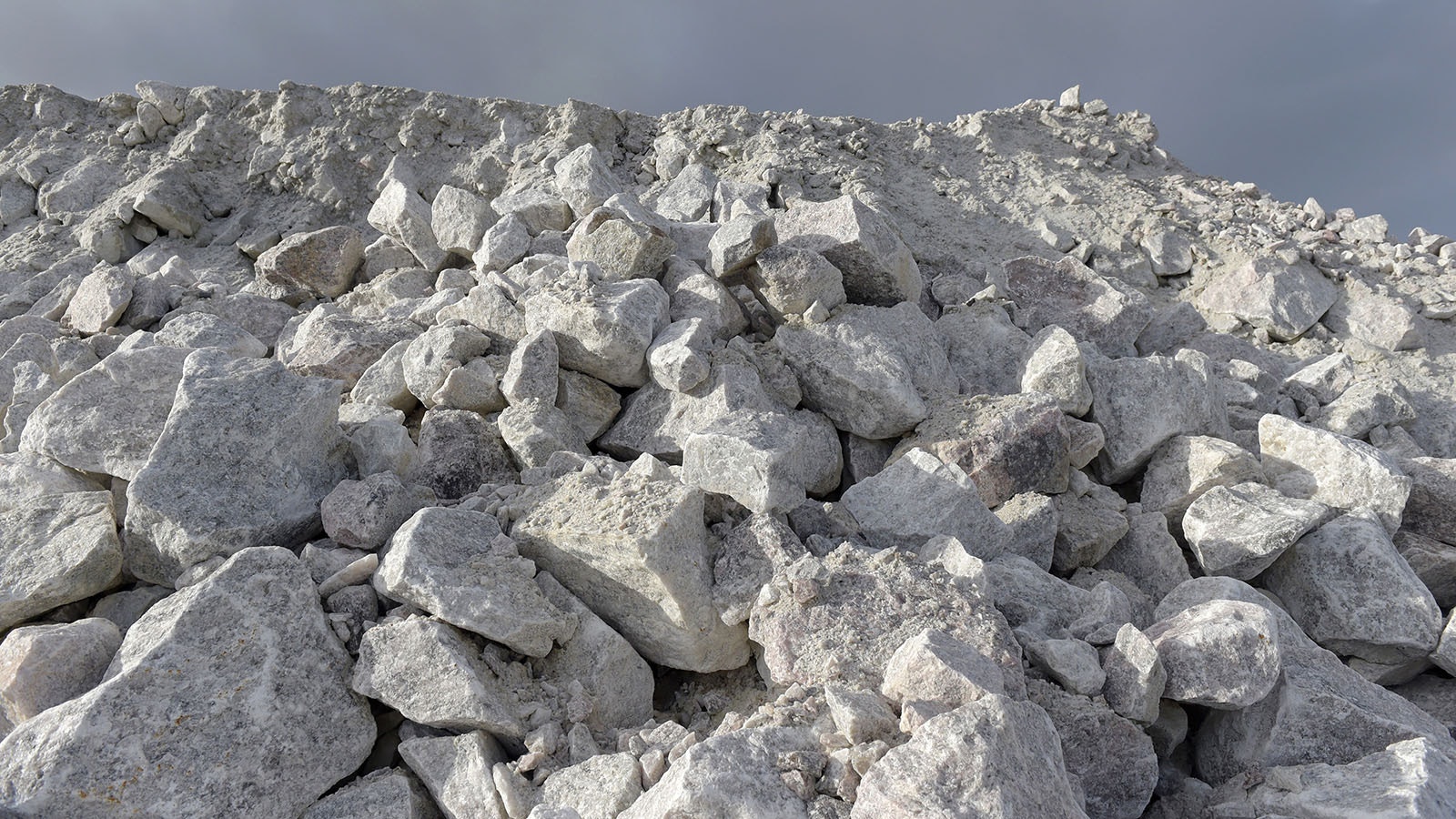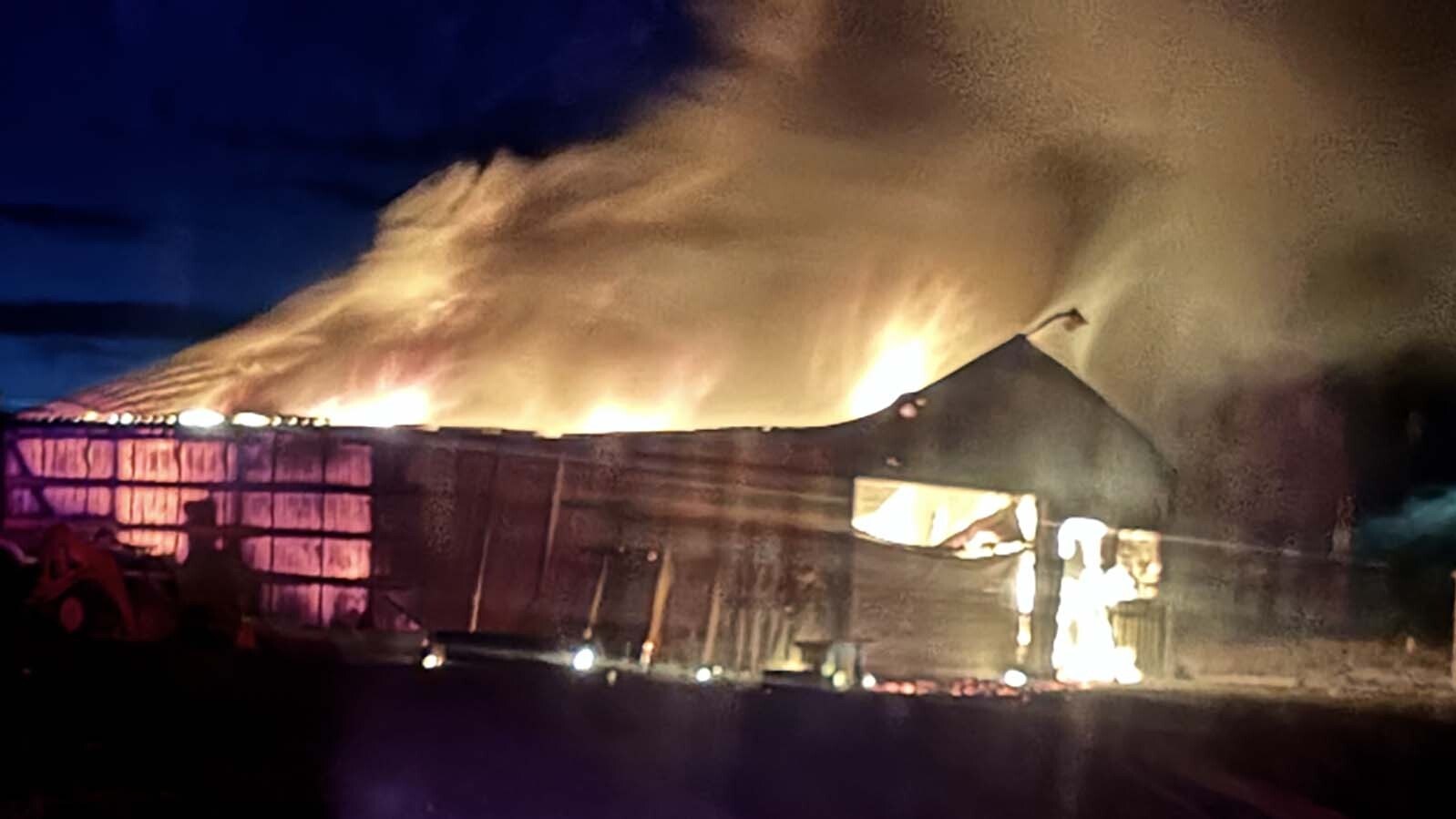Wyoming’s mining industry wants to tap into a growing demand for a domestic supply of rare earth minerals, and having the authority to permit these mines will help.
The Wyoming Legislature will consider a bill this session that would give the state the green light to apply for the authority to permit rare earth mines in the state.
House Bill 61 also would authorize the state to request permission to license radioactive byproducts that come out of the rare earth processing.
Convoluted Feds
The Nuclear Regulatory Commission’s rules “are a little strange and convoluted at times,” said Rep. Don Burkhart, R-Rawlins, co-chair of the Legislature’s Minerals, Business and Economic Development Committee.
“Even though the state of Wyoming can already license a uranium mine or thorium mine, it currently cannot license possession of those materials that are a byproduct of the different mining,” he said.
This includes radioactive byproducts, such as thorium, that are produced when raw ore is processed for the extraction of rare earth minerals.
Keeping all parts of mining and processing rare earths is good for Wyoming, said Travis Deti, executive director of the Wyoming Mining Association.
“Doing things with the state is better for operators, because our folks are on the ground here. The lines of communication are much clearer,” Deti said. “You can get things done, and you can work together much easier.”
Deti said the state will provide much more efficient processes and lower fee payments.
“It’s less money coming out of the operators’ pockets,” Deti said. “And that’s really good for our very young, nascent rare-earths industry, to help them get off the ground and get mining.”
Primacy
The Minerals, Business and Economic Development Committee passed the draft bill unanimously in November.
Federal regulations allow states to have permitting authority for many activities — called primacy — and several years ago, Wyoming received primacy from the Nuclear Regulatory Commission for some permitting and licensing of uranium and thorium mines.
The state also has primacy over Class VI wells. Carbon capture facilities use these wells to store carbon dioxide.
If HB 61 is passed by the full Legislature, the state is expected to quickly apply for primacy.
Deti said it’s difficult to say how long before the NRC approves a state application, but when Wyoming pursued primacy over uranium mines, the process took a couple of years.
To be granted primacy over a federal permitting or licensing process, the state must demonstrate its standards will be at least as stringent as those of the federal government.
Competing With China
Rare earth minerals are used in a variety of electronics, such as cellphones, as well as solar panels and wind turbines. Batteries for the fast-growing electric vehicle industry also use rare earths.
The so-called “Inflation Reduction Act” provided billions of taxpayer dollars to support the growth of the renewable energy sector, which will require an immense increase in mining.
“The Chinese control the rare earths market right now,” Deti said. “About 97% of all rare earths come from China. We’re not on a playing field right now, and this is a tremendous opportunity to change that and start producing some of these critical minerals domestically.”





